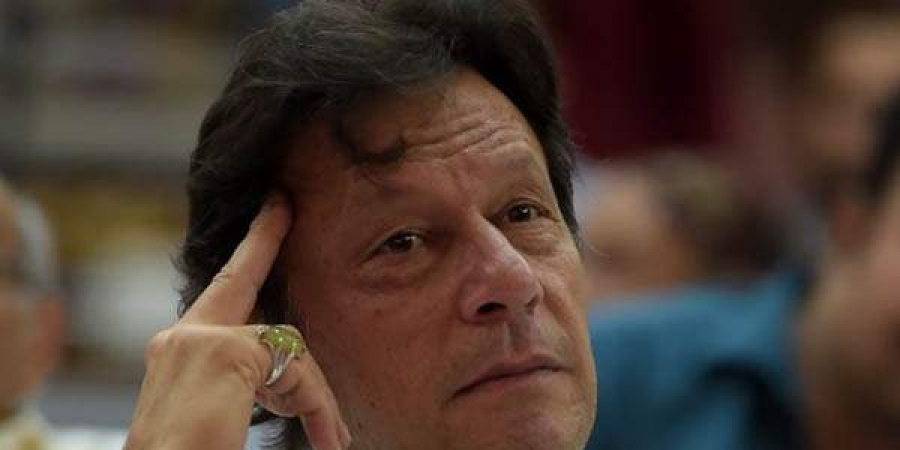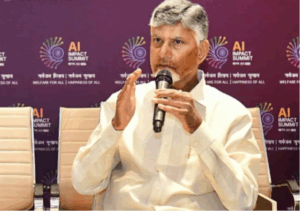 NEW DELHI: Pakistan’s failure to fulfil six key obligations of the FATF, including action against two of India”s most wanted terrorists Maulana Masood Azhar and Hafiz Saeed, and the sudden disappearance of more than 4,000 terrorists from its official list will most likely lead to its continuation in the ”grey list” of the Global money laundering and terrorist financing watchdog, officials said on Sunday.
NEW DELHI: Pakistan’s failure to fulfil six key obligations of the FATF, including action against two of India”s most wanted terrorists Maulana Masood Azhar and Hafiz Saeed, and the sudden disappearance of more than 4,000 terrorists from its official list will most likely lead to its continuation in the ”grey list” of the Global money laundering and terrorist financing watchdog, officials said on Sunday.
The virtual plenary of the Financial Action Task Force (FATF), to be held on October 21-23, will take the final call on Pakistan’s continuation on its grey list after a thorough review of Islamabad’s performance in fulfilling the global commitments and standards in the fight against money laundering and terror financing.
The FATF had given Pakistan a total of 27 action plan obligations for completely checking terror financing of which so far it has cleared 21 but has failed in some of the key tasks, an official privy to the developments said.
The mandates which Pakistan has failed include action against all UN-designated terrorists like Jaish-e-Mohammed (JeM) chief Azhar, Lashker-e-Taiba (LeT) founder Seed and the outfit”s operational commander Zakiur Rehman Lakhvi.
Besides, FATF has strongly noted the fact that there was sudden disappearance of the names of more than 4,000 terrorists from its original list of 7,600 under Schedule IV of its Anti Terrorism Act.
“Under these circumstances, it is almost certain that Pakistan will continue in the FATF grey list,” the official said.
Also, the four nominating countries — the United States, Britain, France and Germany — are also not satisfied with Islamabad’s commitment to taking strong action against the terror groups operating from its soil.
Azhar, Saeed and Lakhvi are most wanted terrorists in India for their involvement in numerous terrorist acts, including the 26/11 Mumbai terror strikes and the bombing of a CRPF bus at Pulwama in Jammu and Kashmir last year.
With Pakistan”s continuation in the grey list, it is increasingly becoming difficult for Islamabad to get financial aid from the International Monetary Fund (IMF), World Bank, Asian Development Bank (ADB) and the European Union, thus further enhancing problems for the neighbouring country which is in a precarious financial situation.
The FATF will also judge if competent authorities in Pakistan were cooperating and taking action to identify and taking enforcement action against illegal money or value transfer services and had proven implementation of cross-border currency and bearer negotiable instruments controls at all ports of entry, including applying effective, proportionate and dissuasive sanctions.
The country”s outstanding action areas also include effective implementation of targeted financial sanctions (supported by a comprehensive legal obligation) against all 1,267 and 1,373 designated terrorists and those acting for or on their behalf, including preventing the raising and moving of funds, identifying and freezing assets (movable and immovable), and prohibiting access to funds and financial services, another official said.
The FATF plenary was earlier scheduled in June, but Pakistan got an unexpected breather after the global watchdog against financial crimes temporarily postponed all mutual evaluations and follow-up deadlines in the wake of grave health risk due to the COVID-19 pandemic.
The watchdog also put a general pause in the review process, thus giving additional four months to Pakistan to meet the requirements.
Pakistan needed 12 votes out of 39 to exit the grey list and move to the white list. To avoid the blacklist, it needs the support of three countries. China, Turkey and Malaysia are its consistent supporters.
Currently, North Korea and Iran are on the FATF blacklist.
Pakistan was placed on the grey list by the FATF in June 2018 and was given a plan of action to complete it by October 2019. Since then, the country continues to be on that list due to its failure to comply with the FATF mandates.
The FATF is an inter-governmental body established in 1989 to combat money laundering, terror financing and other related threats to the integrity of the international financial system.
The FATF currently has 39 members, including two regional organisations — the European Commission and Gulf Cooperation Council.
India is a member of the FATF consultations and its Asia Pacific Group.
Recent Random Post:
















